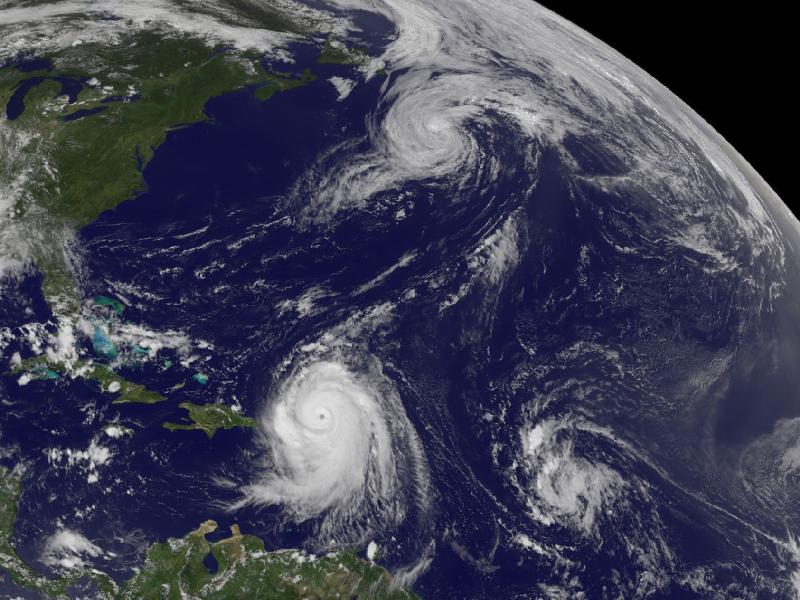From time to time, here and there, someone brings Ayn Rand up as some kind of role model. Lately it’s even in the national news, thanks to the Tea Party and an apparently not very good film of Rand’s seminal masterwork, Atlas Shrugged. The uber conservatives now crowding reason out of the halls of congress with their bizarro legislation and their lectures from the floor and on committees about how their toilets don’t flush right so why should regulations on light bulbs be passed are the children of the Dragon’s Teeth cast randomly by Ms. Rand and her philosophical cult followers. It amazes how people who profess to believe in a philosophy of independent thought can sublimate themselves so thoroughly to the dogmas of that philosophy and claim with a straight face that they are free thinkers on any level. The phrase “more Catholic than the pope” comes to mind sometimes when crossing verbal swords with these folks, who seem perfectly blind to the contradictions inherent in their own efforts. Rand laid out a My Way or the Highway ethic that demanded of her followers that they be true to themselves—as long as they did as she directed.
Ayn Rand’s novels, of which there were three (plus a novella/parable I don’t intend to discuss here), moved by giant leaps from promising to fanciful to pathetic. There are some paragraphs in any one of them that are just fine. Occasionally a secondary character is nicely drawn (Eddie Willers is possibly her most sympathetic and true-to-life creation) and from time to time there is even a moment of genuine drama. But such bits are embedded in tar pits of philosophically over-determined panegyric that drowns any art there might be.
But then, her devoted fans never read them for the art.
What Rand delivers in both The Fountainhead and Atlas Shrugged is a balm to the misunderstood and underappreciated Great Man buried in the shambling, inarticulate assemblage that is disaffected high I.Q. youth.
The give-aways in both novels involve laughter. The opening scene in The Fountainhead characterizes Howard Roark for the entire novel, prefiguring the final scene in the novel, which translated to film perfectly in the weird 1947 Gary Cooper thing.
Howard Roark laughed.
He stood naked at the edge of a cliff….He laughed at the thing which had happened to him that morning and at the things which now lay ahead.
Of course, the thing that had happened to him that morning was his expulsion from university for not completing his assignments. You can pretty it up with philosophical dross, but basically he didn’t do what he was required to do, instead opting for self-expression in the face of everything else. Hence the misunderstood genius aspect, the wholly-formed sense of mission, the conviction of personal rightness, and the adolescent disdain for authority no matter what.
But his reaction? To laugh.
[More . . . ]


